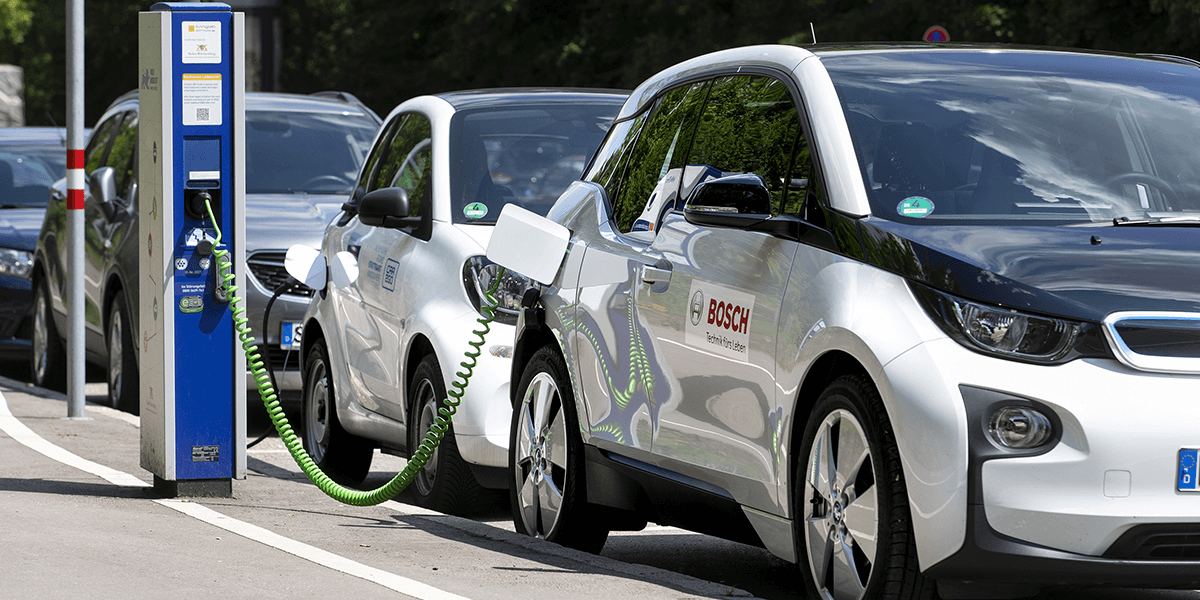Our Climate Economy Spotlight Series is shining a light on the businesses playing a leadership role in driving forward our Net Zero by 2050 goal by creating innovative solutions for the market or partnering to green their operations.
Canada is attracting significant investment into our climate economy and being globally recognized for its robust supply chains. At its centre: Canada is a hub for cleantech innovation with 13 domestic companies ranking in the prestigious Global Cleantech 100 list in 2022.
However, these innovative solutions cannot produce their maximum impact in reaching our 2050 net-zero target, and in growing our climate economy, without widespread adoption among Canadian businesses.
For carbon-intensive industries, like oil and gas, deploying advanced technology solutions, new ways of partnering and deep retrofitting are all key to unlocking pathways to reduce emissions.
Our member, Imperial, is an industry leader in applying technology and innovation to responsibly develop Canada’s energy resources. Imperial recognizes the important role it can play by advancing climate solutions within its operations and by providing lower life cycle emissions products to its customers.
A robust network of charging infrastructure is key for the widespread adoption of electric vehicles by consumers and businesses. To encourage the transition, Imperial has partnered with FLO, a leading North American electric vehicle charging network in a unique collaboration to support Canada’s net zero goals by expanding the FLO charging network for electric vehicles.
The agreement will generate opportunities for FLO to expand its EV charging station deployments across Esso- and Mobil-branded gas stations.
In the short term, the company plans to reduce emissions in its oil sands operations by 30 per cent by 2030. Imperial plans to achieve this by implementing lower GHG next-generation technologies at its upstream operations, retrofitting to create energy efficiency improvements, and using carbon capture and storage.
To learn more about the multi-trillion-dollar economic opportunity at the Toronto region’s doorstep, visit the Board’s Climate Economy Initiatives page.



